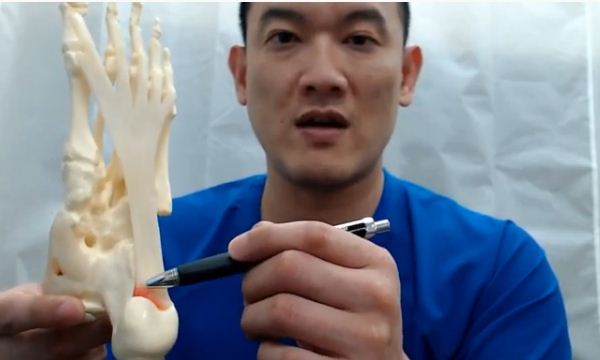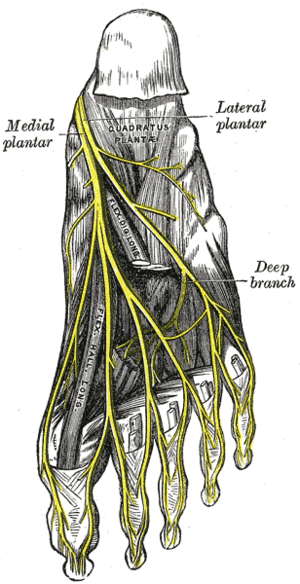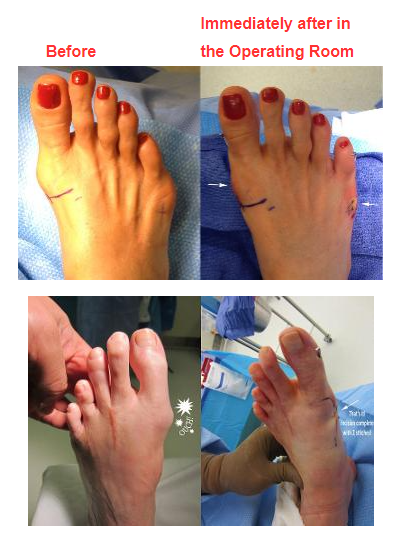Foot Pain? Why It’s Crucial to Listen to Your Body’s Early Warnings
August 18 2024
Foot pain is more than just an inconvenience; it’s a signal from your body that something isn’t right. Too often, people brush off foot discomfort as a minor issue, attributing it to long hours on their feet, ill-fitting shoes, or just the wear and tear of daily life. However, ignoring this pain can lead to more severe problems down the line.
The Importance of Listening to Your Feet
Your feet are incredibly complex structures made up of 26 bones, 33 joints, and over 100 muscles, tendons, and ligaments. They bear the entire weight of your body and are essential for mobility. When something goes wrong, your feet are quick to let you know through pain. This discomfort can be a symptom of a more significant issue that needs attention.
Common Causes of Foot Pain
There are several reasons why you might experience foot pain, including:
1. Plantar Fasciitis:This common condition occurs when the ligament that supports your arch becomes inflamed, leading to heel pain.

2. Bunions: A bunion is a bony bump that forms at the base of the big toe. It can cause significant pain, especially when wearing shoes that put pressure on the affected area.
3. Arthritis: Arthritis in the feet can cause swelling, stiffness, and pain, making walking or standing for long periods challenging.
4. Stress Fractures: Tiny cracks in the bones of the foot can develop from overuse, leading to sharp pain, particularly during physical activity.
5. Nerve Issues: Conditions like Morton’s neuroma, where the tissue around a nerve leading to your toes thickens, can cause a sharp, burning pain in the ball of your foot.
toes thickens, can cause a sharp, burning pain in the ball of your foot.
The Risks of Ignoring Foot Pain
When you ignore foot pain, you risk exacerbating the underlying problem. For example, untreated plantar fasciitis can lead to chronic heel pain, making it difficult to walk. Similarly, ignoring a bunion can result in the need for surgery if it becomes too painful or deforms your foot further.
Moreover, persistent foot pain can lead to changes in your gait, which may cause issues in other parts of your body, such as your knees, hips, and lower back. This domino effect of discomfort can significantly impact your quality of life.
Early Intervention Is Key
The best way to prevent foot pain from becoming a serious issue is to address it as soon as possible. Early intervention might include:
– Rest and Ice: For minor injuries, rest and ice can help reduce inflammation and pain.
– Proper Footwear: Wearing supportive shoes that fit well can alleviate many common foot problems.
– Orthotics: Custom orthotic inserts can provide the support your feet need, particularly if you have high arches, flat feet, or other structural issues.
– Physical Therapy: Stretching and strengthening exercises can help alleviate pain and prevent further injury.
– Medical Evaluation: If foot pain persists, it’s essential to see a podiatrist. They can diagnose the issue and recommend appropriate treatment, whether that’s medication, physical therapy, or surgery.
Foot pain is your body’s way of telling you that something isn’t right. Ignoring it can lead to more significant health issues, both in your feet and elsewhere in your body. By paying attention to your foot pain and seeking early treatment, you can avoid complications and maintain an active, healthy lifestyle. If you’re experiencing persistent foot pain, don’t hesitate to reach out to the experts at Naples Podiatrist for a thorough evaluation and personalized treatment plan.
Serving Southwest Florida Since 2005, Family Foot & Leg Center has 9 convenient locations throughout Collier, Lee, Charlotte, and Sarasota Counties. Offering pediatric to geriatric family care: Ingrown Toenails, Heel Pain, Bunions, Foot / Ankle Arthritis Pain, Plantar Fasciitis, Foot / Ankle Surgery, Custom Orthotics, and Diabetic Wound Care. In office X-rays, ultrasounds, and minor surgical suite exam rooms. Practice powered by EMR and advanced technologies. Home of the Lam Minimally Invasive No-Scar Bunion Surgery! Come Discover Why Patients Love Our 5-Star Foot & Ankle Care! Same Day Appointments! Easy Online Appointment Scheduling

 Fax: (239) 692-9436
Fax: (239) 692-9436 Tel: 239-430-3668
Tel: 239-430-3668



